In the dynamic landscape of global fashion, New Zealand Fashion Week (NZFW) has long been heralded as a platform to showcase Kiwi designers and elevate the local industry. However, as the fashion world evolves at a breakneck pace, the question arises: Is NZFW truly serving the local industry, or has it become more of a spectacle than a catalyst for growth? This article delves into the role NZFW plays in New Zealand's fashion ecosystem, evaluating its impact through real-world case studies, expert insights, and data-driven analysis.
Fashion Week: A Double-Edged Sword
Fashion Weeks worldwide are often celebrated as the pinnacle of creativity and style. Yet, they are not without their challenges, especially for emerging markets like New Zealand. Let's analyze the pros and cons of NZFW in promoting the local fashion industry.
Pros of New Zealand Fashion Week
- Global Exposure: NZFW offers Kiwi designers a chance to capture international attention, potentially opening doors to global markets. According to the Ministry of Business, Innovation and Employment (MBIE), export growth is critical for sustainable economic development, and fashion is no exception.
- Networking Opportunities: The event draws industry professionals from around the world, including buyers, media, and influencers. This creates opportunities for collaboration and business expansion.
- Showcasing Innovation: New Zealand designers are known for their innovative use of sustainable materials. NZFW serves as a platform to highlight these eco-friendly practices, aligning with global trends towards sustainability in fashion.
- Boosting Local Economy: Events like NZFW can stimulate the local economy by attracting tourism and increasing sales for nearby businesses, from hotels to restaurants.
Cons of New Zealand Fashion Week
- High Costs: Participating in fashion week requires significant investment, which can be prohibitive for small or emerging designers. A report by Stats NZ highlights that high operational costs are a leading challenge for Kiwi SMEs.
- Limited Reach: While NZFW garners attention, its reach is still limited compared to larger fashion capitals like Paris or New York, potentially affecting the return on investment for participants.
- Intense Competition: The event's competitive nature may overshadow smaller brands, who struggle to make a mark amidst more established names.
- Focus on Spectacle Over Substance: Critics argue that the emphasis on high-profile events can detract from meaningful business outcomes, such as lasting partnerships or sales.
Real-World Case Studies: How NZFW Impacts Designers
Case Study: Karen Walker – A Success Story
Problem: Karen Walker, one of New Zealand's most renowned designers, initially struggled to gain international recognition despite a strong local following.
Action: Leveraging NZFW as a launchpad, Walker strategically networked with international buyers and media, showcasing her unique style that blends sophistication with a playful edge.
Result: Within two years, Karen Walker's brand saw a 35% increase in international sales. Her designs are now featured in over 30 countries, exemplifying how strategic participation in NZFW can yield substantial growth.
Takeaway: For designers, NZFW can be a powerful tool for international expansion if leveraged strategically with a clear focus on networking and media engagement.
Case Study: Emerging Designer – The Struggle
Problem: An emerging designer, who we'll call "Designer X," faced challenges regarding budget constraints and limited exposure despite participating in NZFW.
Action: Designer X invested heavily in a runway show but lacked the resources for effective post-event marketing and follow-up with potential buyers.
Result: While the initial reception was positive, there was minimal long-term impact on sales or brand recognition, highlighting a common pitfall among small brands.
Takeaway: Effective follow-up strategies and ongoing marketing efforts are crucial for leveraging the initial exposure gained at NZFW.
Data-Driven Insights: The Economic Role of NZFW
According to the Reserve Bank of New Zealand, the creative industries contribute significantly to the nation's GDP, with fashion playing a key role. However, the industry's growth is contingent upon strategic investments and policies that support local talent.
Moreover, Stats NZ reports that the fashion and textile sector employs over 10,000 people, underscoring its importance to the economy. Yet, challenges remain, including high production costs and a need for sustainable practices.
Contrasting Viewpoints: Is NZFW Still Relevant?
As the fashion world increasingly moves online, some argue that traditional fashion weeks are losing relevance. Let's explore both sides of the debate:
Advocate Perspective
- Essential for Branding: Fashion weeks offer a unique opportunity for designers to showcase their work in a tangible, live format that digital platforms cannot replicate.
- Networking and Collaboration: The physical presence allows for direct interactions with buyers and media, fostering relationships that can lead to future opportunities.
Critic Perspective
- Cost vs. Benefit: Critics highlight the high costs associated with fashion weeks, questioning the tangible return on investment, especially for emerging designers.
- Digital Transformation: The rise of digital platforms offers an alternative, often more cost-effective way for designers to reach a global audience.
Middle Ground
While traditional fashion weeks face challenges, a hybrid model that combines physical events with digital platforms could offer the best of both worlds, maximizing reach while maintaining the personal touch of live interactions.
Common Myths & Mistakes in Leveraging Fashion Weeks
Myth vs. Reality
- Myth: "A fashion week appearance guarantees success." Reality: Success requires strategic planning, follow-up, and ongoing marketing efforts beyond the event itself.
- Myth: "Only established brands benefit from fashion weeks." Reality: Emerging designers can benefit significantly if they focus on networking and leveraging media exposure effectively.
- Myth: "Digital platforms will replace fashion weeks." Reality: While digital is crucial, physical events offer unique branding and networking opportunities that remain valuable.
Biggest Mistakes to Avoid
- Ignoring Post-Event Follow-Up: Without effective follow-up, initial exposure can quickly fade. Leverage CRM tools to maintain connections made during the event.
- Overlooking Cost Management: Budgeting effectively is crucial. Consider partnerships or sponsorships to offset costs.
- Neglecting Digital Integration: Complement physical displays with a strong social media strategy to maximize reach.
Future Trends & Predictions: The Next Decade of NZFW
As we look to the future, several trends will shape NZFW's evolution:
- Increased Digital Integration: Expect a seamless integration of digital and physical worlds, with virtual showrooms and augmented reality enhancing the traditional runway experience.
- Sustainability Focus: With growing consumer demand for eco-friendly products, sustainability will become central to NZFW's identity, influencing design choices and materials.
- Global Collaboration: As borders become increasingly digital, collaborations between New Zealand designers and international brands will become more common, enhancing global reach.
According to a report by NZTech, by 2030, 70% of fashion transactions are expected to be influenced by digital interactions, underscoring the importance of integrating technology into traditional fashion events.
Conclusion: Maximizing the Impact of NZFW
New Zealand Fashion Week remains a pivotal platform for elevating the local fashion industry. By addressing its limitations and embracing new trends, it can continue to serve as a catalyst for growth and innovation. Designers must strategically leverage both its physical and digital opportunities to maximize their impact.
If you're a designer or industry professional, consider how you can integrate these insights into your strategy. What's your next move? Share your thoughts in the comments below!
People Also Ask (FAQ)
- How does NZFW impact New Zealand's economy? NZFW stimulates economic growth by promoting Kiwi designers globally, boosting exports, and supporting local businesses through increased tourism and sales.
- What are the biggest misconceptions about NZFW? A common myth is that fashion week guarantees success. However, success requires strategic planning and post-event efforts.
- What are the best strategies for participating in NZFW? Focus on networking, develop a strong post-event marketing strategy, and leverage digital platforms to maximize exposure and impact.
Related Search Queries
- New Zealand Fashion Week impact
- Kiwi designers international success
- Sustainable fashion trends NZ
- Fashion industry growth New Zealand
- Digital transformation in fashion



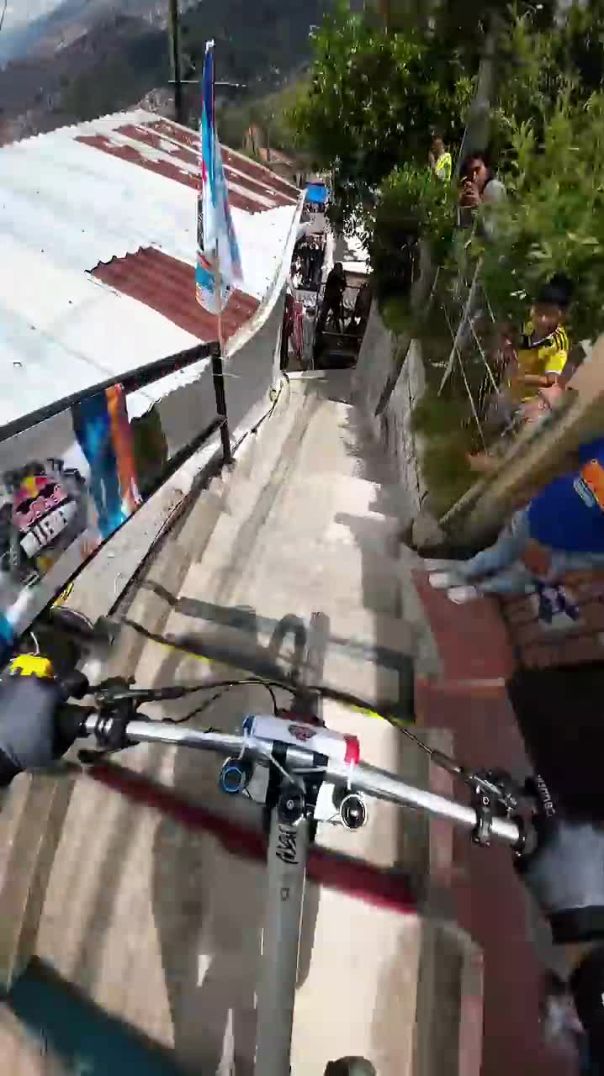
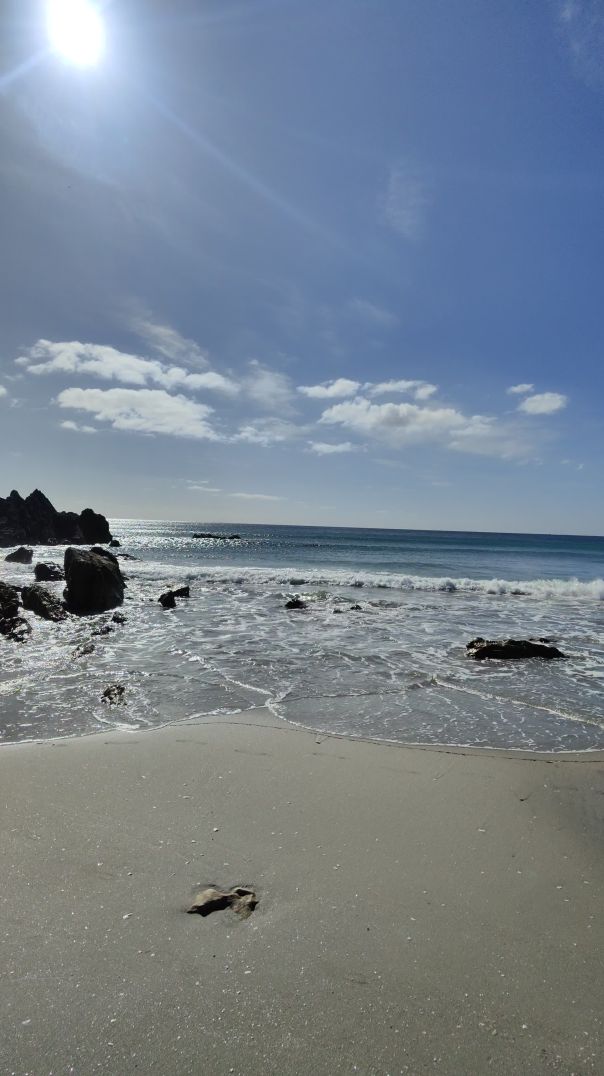
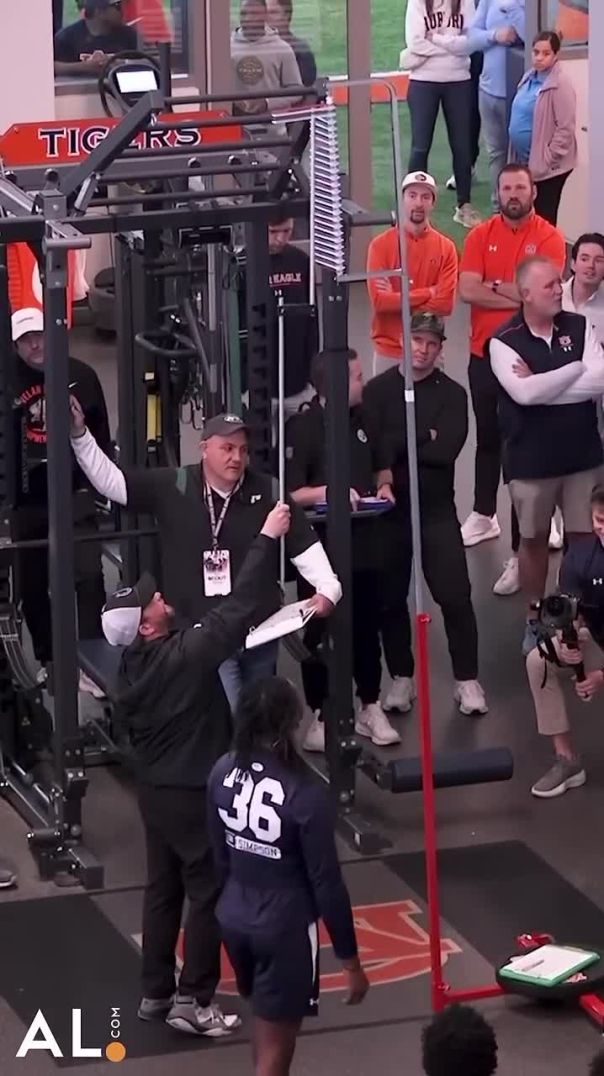

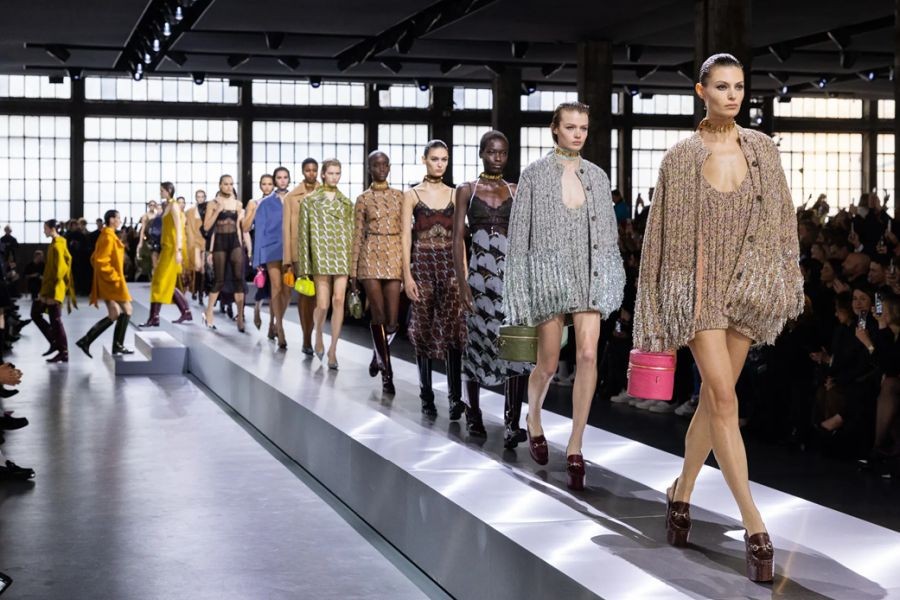
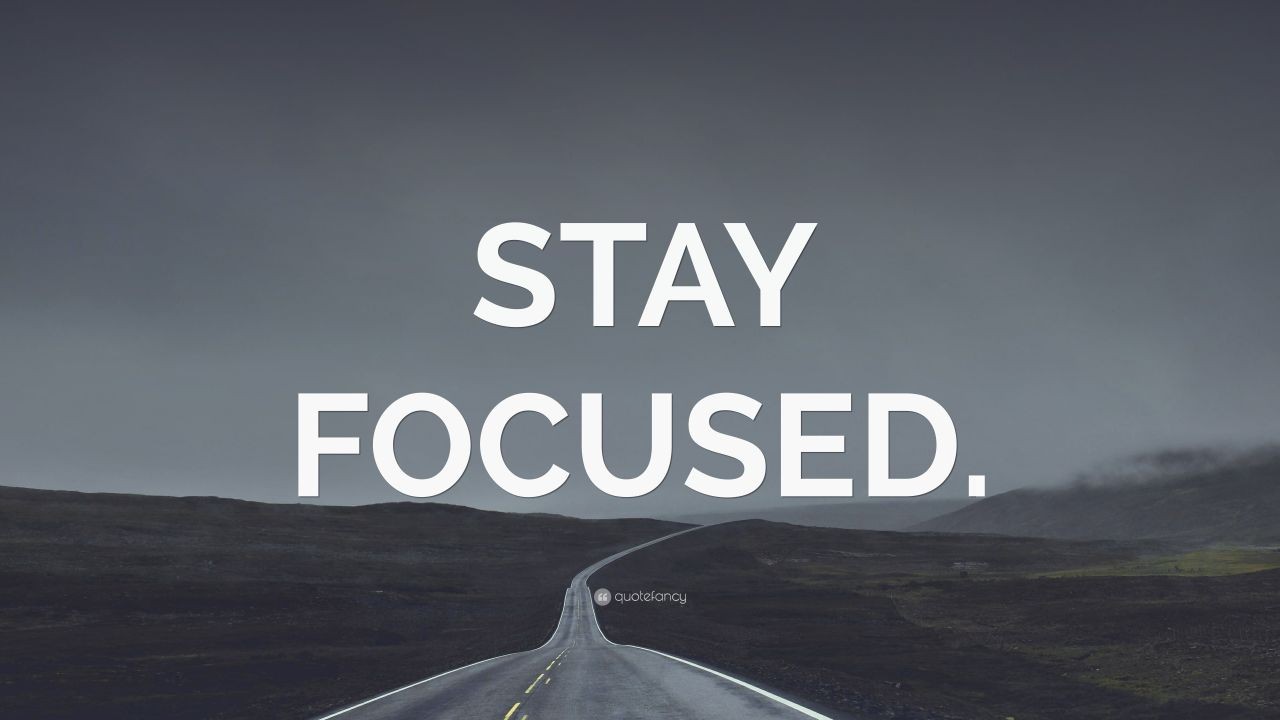

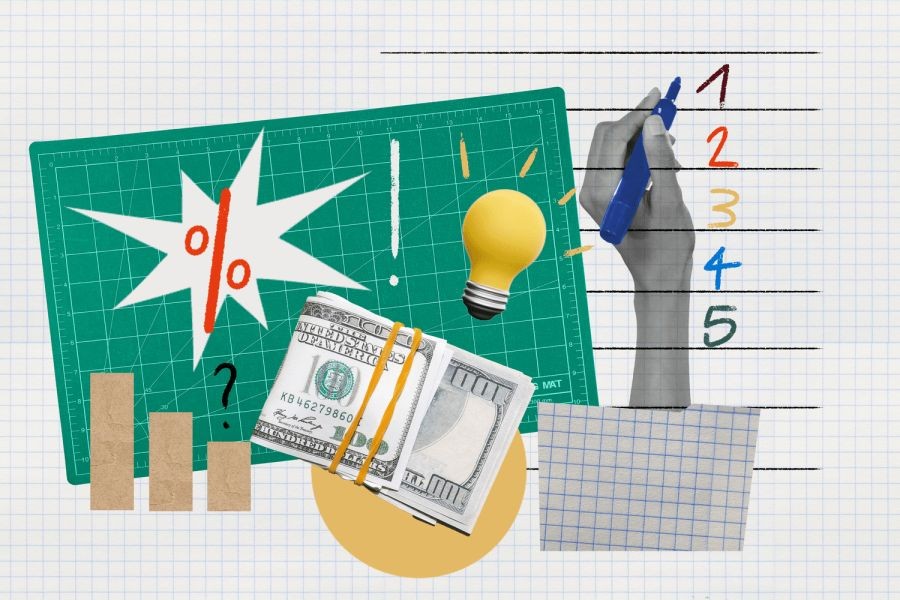



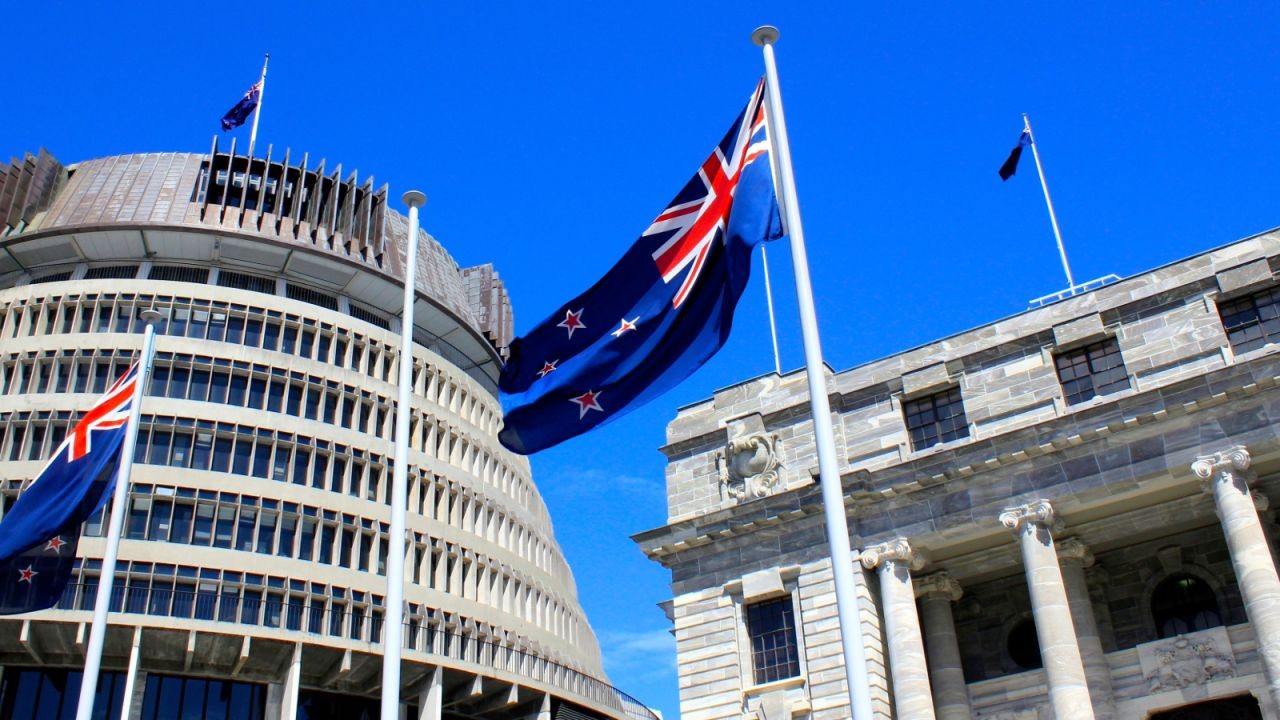

















RickRagsda
9 months ago